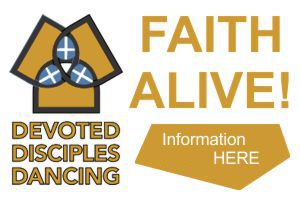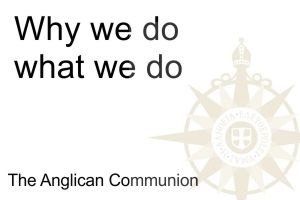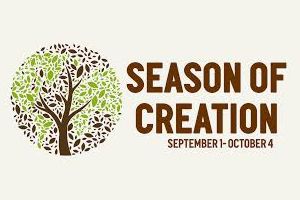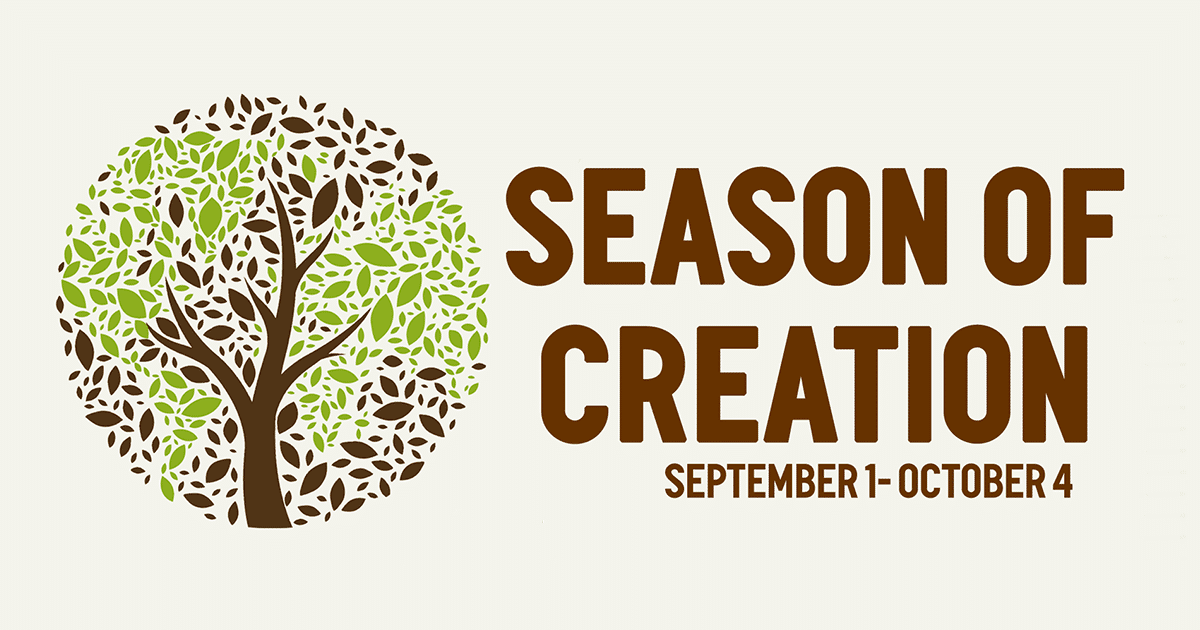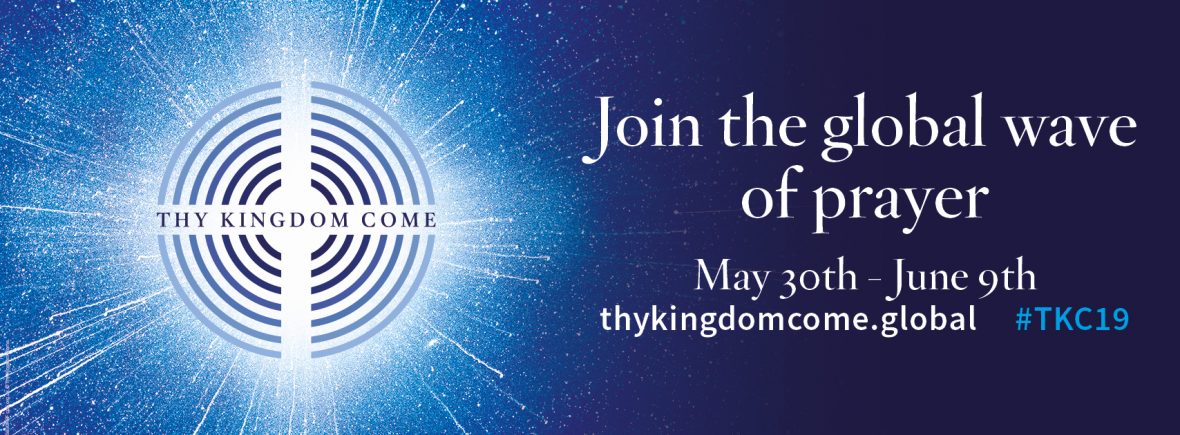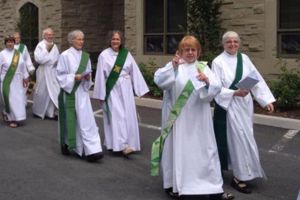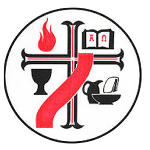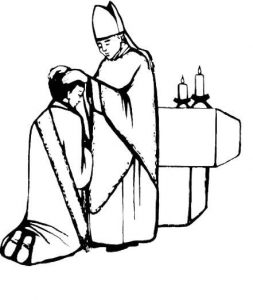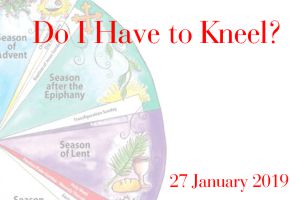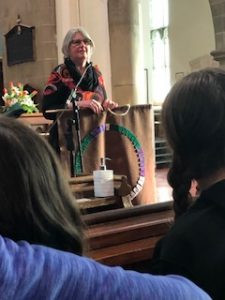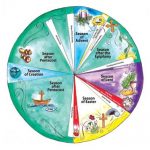
Rebranded for 2019-2020! Faith Alive!
We began on 27 November with training for mentors and parents. The first "class" was Wednesday, 04 December beginning with supper at 5:30 p.m.. A schedule of classes and sessions is available on the Faith Alive! page. Any and all are welcome to join in classes that may be of interest beginning on the scheduled Wednesdays at 6:30 p.m.
Faith Alive is built on the foundational approach of mentorship. "It takes a church to make a disciple." All participants are encouraged to have a mentor or "friend in faith" to walk along this journey with them.
Have you ever questioned what you really believe?
Have you ever wondered how what you believe compares to the teaching of the Church and its traditions?
Are you concerned about our ability to pass on the Faith to coming generations and the community where we live?
Early in December, with the advent of a new Church year, Christ Church Cathedral will embark on an exciting opportunity for the whole Cathedral Family.
Confirmation is the sacrament in which the Bishop lays hands on a candidate to confirm and reaffirm the vows of Baptism especially praying for the strengthening and guiding Spirit of God their lives.
Reaffirmation is for any and all who have been confirmed but wish they had an opportunity to refresh their understanding of the faith now that a few (or many) years have passed since confirmation. The Bishop will pray with them for the strengthening power of God.
Reception (not the refreshments after worship!) is for those who have come to the Anglican Church from another faith tradition, have been confirmed there by a Bishop, but wish to be more officially received into the Anglican Church (Communion).
As you can see, there is something for everyone, but there’s even more! What will facilitate the preparation for these individuals includes pairing each participant with a friend in faith (a mentor) who walks along side candidates to help where they can and assure that no one is walking alone.
Outline of the Programme
Unit 1: Faith Alive in Scripture and Worship
Discover again how the Bible is the Word of God, our sacred story, and the authoritative basis for all that we preach and teach. Rediscover some of the depth of meaning behind and within Christian worship and prayer traditions
Unit 2: Faith Alive in Doctrine
Review the most basic Christian teachings on creation, who is God?, how are we to live as followers of Jesus Christ and inheritors of the Kingdom of Heaven? We’ll explore how the church is structured and why, referring throughout to the Word that guides us.
Unit 3: Faith Alive in Law and Sign
Learn more about how the sacraments of the Church have for centuries been the physical signs of God’s great love and grace. We’ll discuss some of the spiritual tools readily available to the Christian, and have a guided tour of our Cathedral to explore how the faith is embedded there.
From now until Easter 2020, about every other Wednesday, we’ll meet (beginning with a meal) for teaching, presentations and discussion; alternating weeks are reserved for participants and mentors to meet one-on-one or in smaller groups to follow the session guides provided. Any of the “classes” are open to anyone to join for that or any combination of topics.
Are you interested in being confirmed? Would you like to reaffirm your faith or be officially received into the Anglican Church? Would you consider being a mentor?
